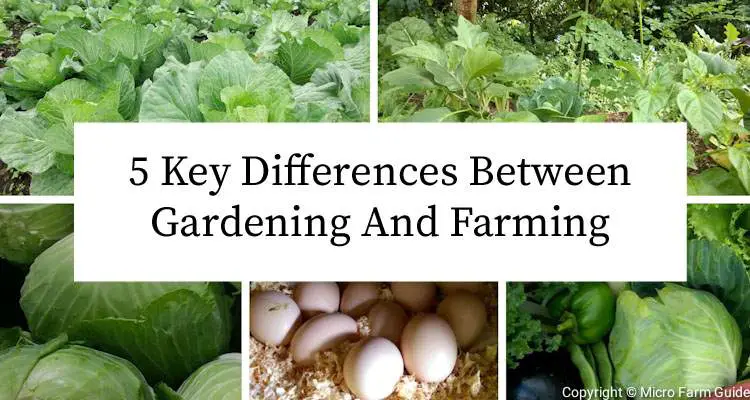Did you know that the definitions of gardening and farming vary quite a bit across countries and cultures?
For example, in some countries, one of the significant differences lies in the purpose — Is the food grown for personal use and satisfaction or to fill the shelves at local markets?
While in others, both gardeners and farmers wear business hats, selling the fruits of their green labor.
So, you might think, food is food, so who cares. However, these terms can significantly impact your finances, taxes, fees, and even your grant eligibility.
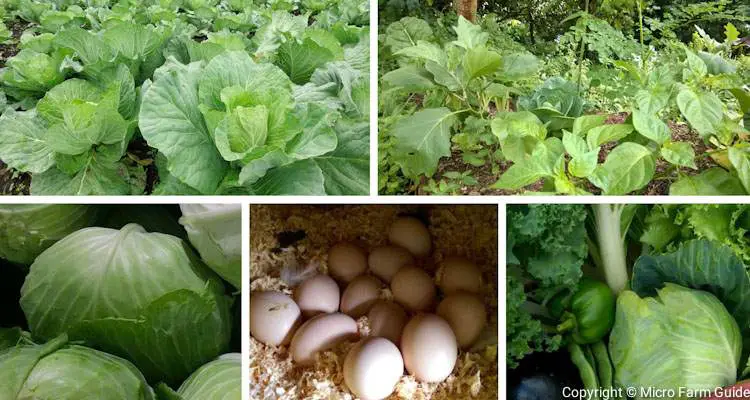
In this article, we’ll uncover the difference between farming and gardening, including some often overlooked criteria that can make the distinction easy.
Ready to dig in? Let’s start!
1. The Primary Purpose
As mentioned, money is one of the main distinguishing factors.
For example, in the US, farming means making at least $1,000 yearly from growing food products.
While gardeners can bring in some cash, the main aim for farmers is mass-producing food for profit.
Of course, this also comes with licensing, regulations, and other business-related issues.
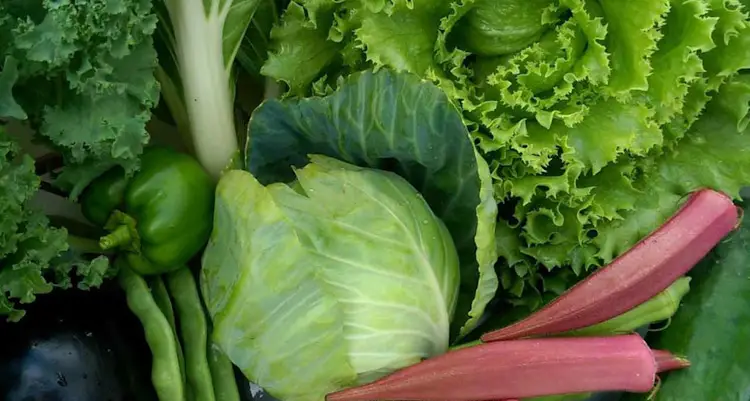
Gardening, on the other hand, isn’t just about the “green stuff”.
In fact, many gardeners actually grow ornamental and backyard gardens for personal joy.
However, some gardeners generate an income, with some collecting well over $1,000 per week!
2. Scale of Operation
Gardening, at least from a food production standpoint, usually happens in small spaces.
Farming typically refers to vast fields dedicated to growing specific crops on a large scale.
However, size and scale are relative since a farm in one country might be smaller than a kitchen garden in the next.
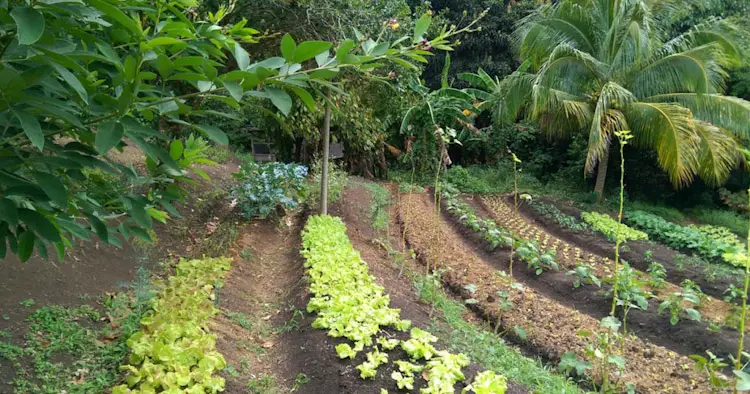
For example, the garden on the French Kings’ Royal palace grounds covers 800 hectares (1976 acres).
Now, that’s a bit bigger than your average backyard or community plot.
But can you imagine the plants in that place? See where I’m getting at?
3. Crop and Livestock Variety
Gardens come in all shapes and sizes. Sometimes, they might feature flowers, vegetables, herbs, and even animals.
Depending on the size, some people even call integrated gardening systems micro-farms due in part to their size but also because of the inclusion of animals.
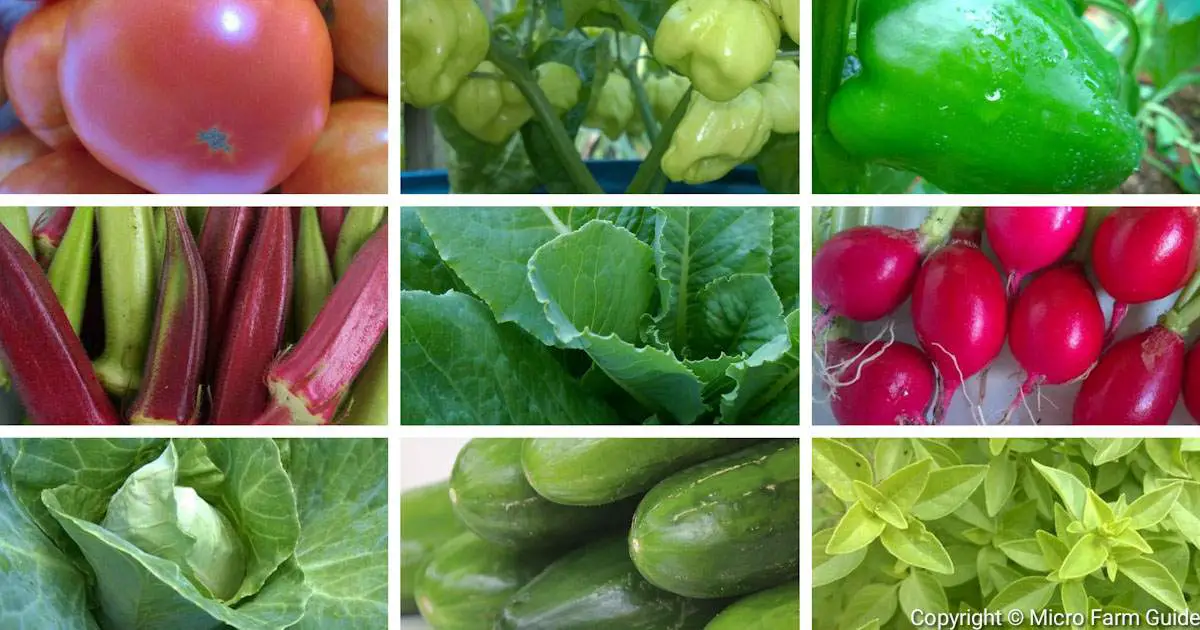
On the other hand, most farms are more specialized. Farmers often focus on one to two main products, e.g. Corn, soybeans, or vegetables.
Some farms even focus on raising chickens, fish or cows on a colossal scale, and may even integrate this with crops.
4. Equipment and Techniques
The garden is all about hand tools – shovels, forks, trowels, and the occasional mini-motorized tillers and shredders.
It’s usually for personal, small-scale cultivation, with no need or space for mighty machines.
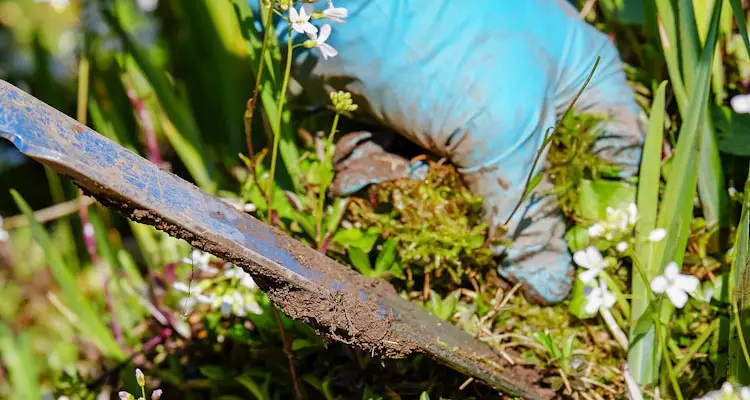
Sometimes, it’s more about feeling the soil in your hands than the actual yields.
Due to the size of fields, farmers often use tractors and big machinery to plow the soil, sow seeds, weed, and apply fertilizers or pesticides.
This is understandable since the focus is on efficiency in the quest to feed more people.
5. Financial and Economic Aspects
Farming is primarily about business. As can be expected, there are many upfront costs to buy or lease land, equipment, and agricultural inputs.
As with any business, there are various rules, licenses, and regulations to ensure safety, among other things.
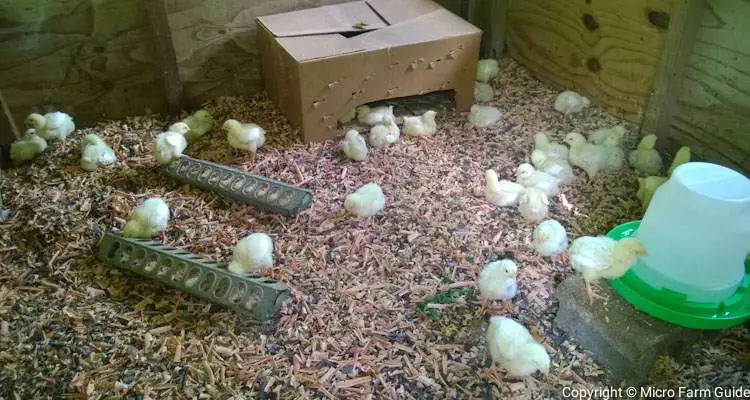
Gardening is more personal. It can be a hobby or even a business. Still, for the most part, it’s much smaller in scale and requires fewer financial and regulatory commitments.
Of course, some farms are primarily for personal use. Which can complicate things. These are classified as hobby farms in some countries and, in some instances, can generate substantial profits.
Final Thoughts
Thank you for taking the time to explore the world of gardening and farming with us.
We’ve discussed various factors, from the size of the operation to the variety of crops, among other things.
However, we must remember that these terms are often used interchangeably based on country or cultural practice.
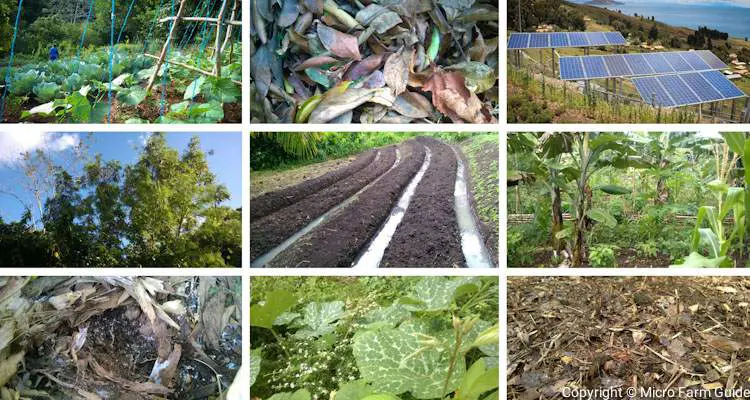
As a result, we can’t take any one feature in a vacuum. Still, we must look at the entire operation and identify the underlying intent of the system.
That said, there is a lot more to discover. You can do that by heading to our Natural Farming Page for a deeper dive into incredible topics.
Related Questions
1. What is the meaning of “doing gardening?”
“Doing gardening” refers to cultivating and caring for plants such as fruits, vegetables, herbs, and flowers primarily for personal reasons.
2. What do you call a person that does gardening?
A person who does gardening is called a “gardener.” This name refers to both males and females.
References
IFAS. The Difference Between Farming & Gardening. ifas.ufl.edu. Accessed November 2023
Rachel Laudan. Farming or Gardening? What’s the Difference? rachellaudan.com. Accessed November 2023

